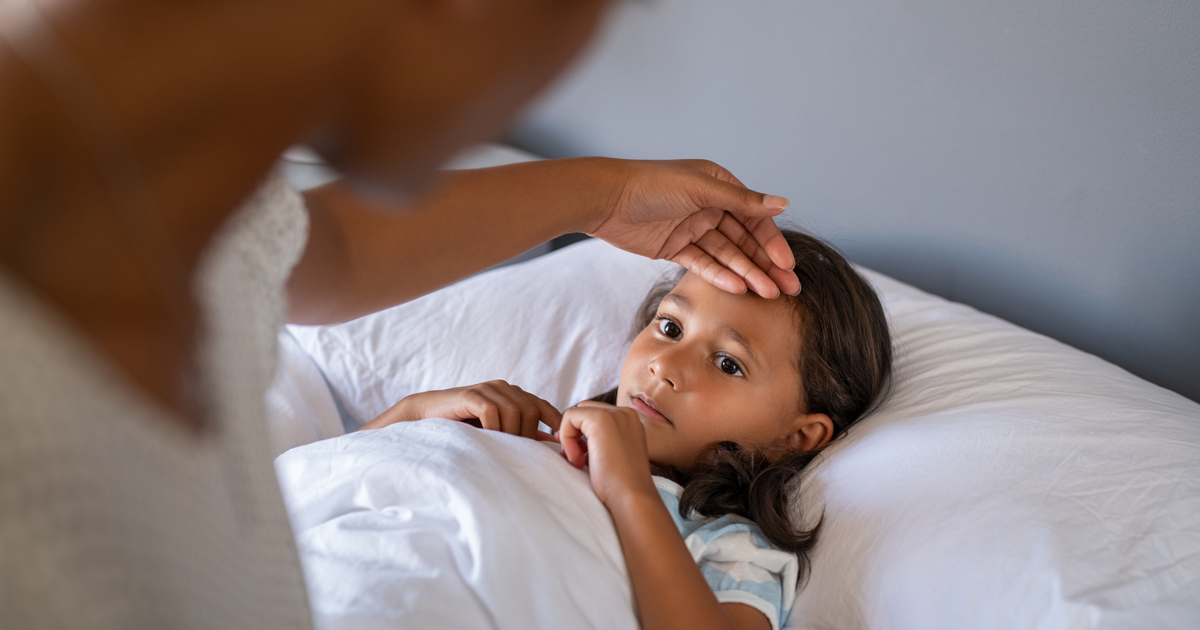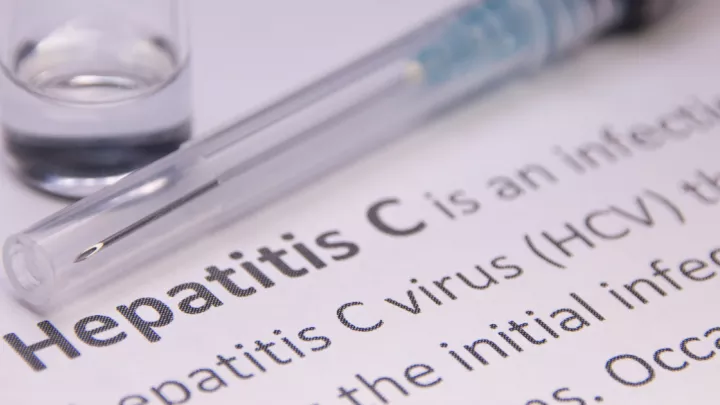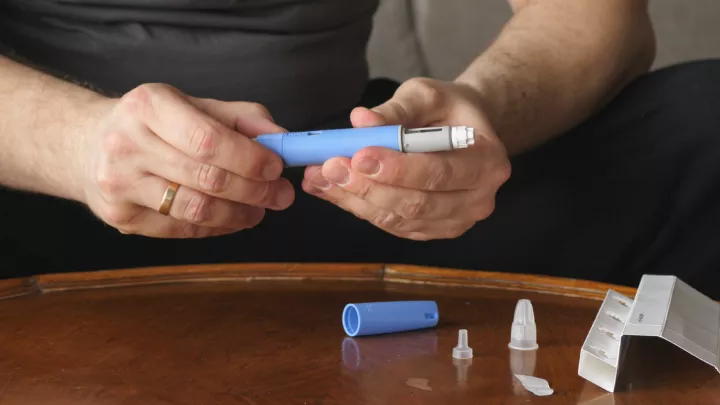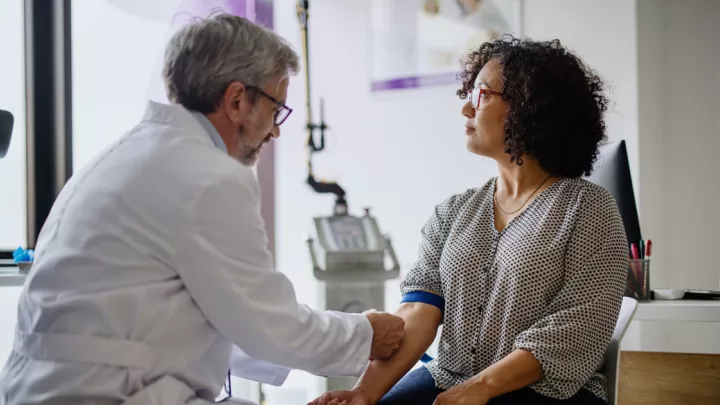Are the recent hepatitis cases in kids associated with COVID-19 or the COVID-19 vaccine?

You may have seen recent media coverage about nine children in Nebraska who fell ill with hepatitis. There has been a fair amount of speculation revolving around the cause of the pediatric hepatitis cases and the possibility of links to COVID-19 or the COVID-19 vaccination. There are conflicting theories about what may cause otherwise healthy children to become severely sick with acute liver inflammation.
"To be honest, we don't have a perfect sense of the rate or causes of this type of disease in kids at baseline. However, It does seem clear that we are seeing an unusual spike in pediatric cases of hepatitis of unknown cause in the last nine months across Europe and North America," says James Lawler, MD, MPH, Nebraska Medicine infectious diseases doctor and co-executive director of the Global Center for Health Security.
Public health investigations are pursuing a number of theories, but we don't yet know what is causing a rise in cases. We need more research before we can draw definitive conclusions. "What is clear, however, is that COVID-19 vaccines are not causing these cases," says Dr. Lawler. Most cases are in children under 5, who have not been vaccinated against COVID-19."
Among theories that are being investigated:
- Adenovirus infection. Adenoviruses are common childhood infections that generally cause cold-like symptoms. A number of children who have been affected had evidence of adenovirus infection.
- COVID-19 infection or post-infectious event. This could be related to active COVID-19 infections or recent COVID-19 infections. We know that recent COVID-19 is what causes the multisystem inflammatory syndrome in children (MIS-C) that we have seen during the pandemic.
- A potential co-infection or interaction between SARS-CoV-2 (the virus that causes COVID-19), adenovirus, or other viruses.
What we do know about hepatitis in kids and COVID-19
"We can't completely rule out that COVID-19 may play a role in this," says Dr. Lawler. "One plausible theory related to the cause of pediatric hepatitis is prior COVID-19 infection leading to inflammation of the liver, similar to what we see in MIS-C. We think many post-COVID syndromes (long-COVID) may be due to a dysregulated immune response after a COVID infection. Studies consistently show that kids get long-COVID and a myriad of problems after recovering from even mild acute infection. And, we know that most children have had COVID-19 in the last nine months."
We know the COVID-19 vaccine is not the cause
We haven't seen a link to COVID-19 vaccination in these cases. There isn't a documented risk of severe liver disease in adults associated with the COVID-19 vaccines, and there is no reason to suspect this connection in kids.
Also, keep this in mind: Most of these particular hepatitis cases are occurring in children under 5 years old. "We're not yet vaccinating children under 5," says Dr. Lawler. "The UK isn't either, and they have the most cases per capita than any country. In fact, nobody in the world has been vaccinating kids under 5."
What parents need to know about the COVID-19 vaccination
The COVID-19 vaccination for kids is safe.
While every vaccine has potential side effects, the COVID-19 vaccine side-effect profile is well within the bounds of what we consider normal for any vaccine. With almost 12 billion doses of COVID-19 vaccines given worldwide over the past 20 months, there's as much legitimate data on these vaccines as any other vaccine given in history. Unfortunately, there has been a lack of education on the risks of COVID-19 on children's health, and why the vaccine is important for them, as well as an incredible amount of misinformation spread online that is simply not based on the facts.
Getting kids vaccinated is the best protection.
"The COVID-19 vaccine is undoubtedly as safe as any vaccines we use routinely," says Dr. Lawler. "The reality is this: most kids have already had COVID-19 at least once, but there is still a significant risk of reinfection. Prior infection doesn't give highly protective, long-lasting immunity, particularly against new variants. Reinfection, however, carries a risk of post-COVID syndromes, hospitalization or death just like a primary infection. Vaccination guards against this risk and protects family members and the community around children."
A vaccine for kids from 6 months to 5 years old will soon be available.






